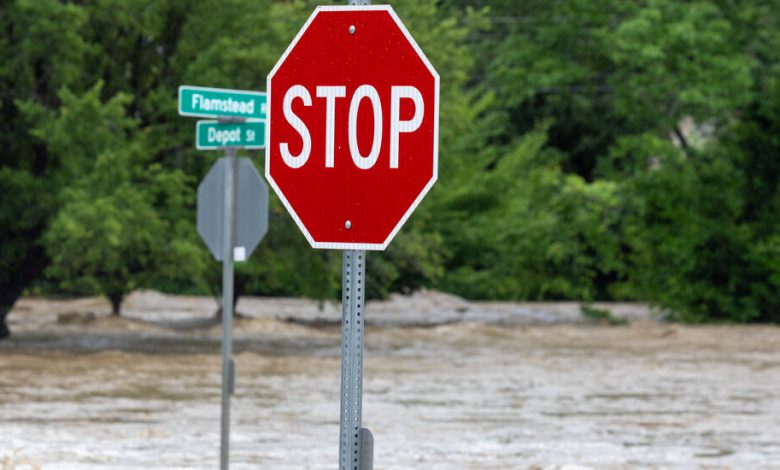Vermont Takes On Big Oil. Will Other States Follow?

As extreme climate-driven weather events and rising seas savage infrastructure and human health, the costs to states grow. Expensive but necessary measures to fortify communities have been put off because money or political will is lacking. At the same time, fossil fuel companies — whose decades of deception and continued resistance to a clean-energy transition bear responsibility for our climate emergency — continue to generate enormous profits.
It does not take a climate scientist or economist to recognize that something is desperately wrong with this picture. Now Vermont — with a population just under 650,000, the second smallest among the states — has stepped up and accomplished what no other state or Congress has been able to do.
The Democratic Party-controlled General Assembly, with a handful of Republican votes, approved a measure that requires the world’s biggest fossil fuel extractors and refiners to pay for some of the damages and adaptation costs the state has incurred and faces because of climate change. The state’s Republican governor allowed it to become law.
The measure has been called “landmark” and “pioneering.” And it is. But at its core, the idea behind the law is simple. Vermont is seeking to reinforce one of the most basic rules children learn in kindergarten, if not before: When you make a mess, you clean it up.
The federal government introduced this lesson in 1980, when Congress created the Superfund program to clean up thousands of sites contaminated by toxic and hazardous wastes. That law compels companies responsible for the contamination to either clean it up or reimburse the government for the work, regardless of whether they acted with fault or criminal intent.
That same principle will now apply in Vermont to the companies responsible for the biggest shares of the greenhouse gas emissions that are warming the planet. Other states, including California, New York and Massachusetts, are considering similar legislation. (The Rockefeller Family Fund, which I direct, has spent roughly $200,000 since 2022 in support of environmental efforts in Vermont, including passage of the climate Superfund law.)
